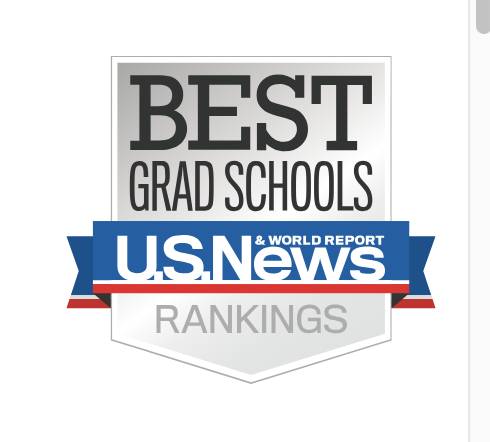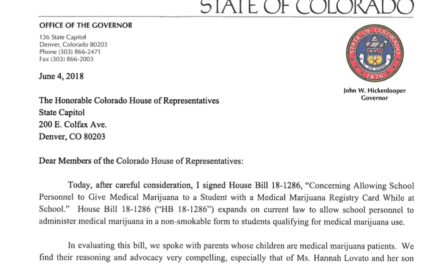March 12, 2019 The head of the NBME expressing contempt for medical students —recounted here— brought to mind these observations by Jeffrey Block, MD (who has been around the Academic Medicine block in Miami):
“Med schools’ not teaching about the endocannabinoid system is a pernicious effect of prohibition that keeps doctors ignorant.
“The National Board Exams are of crucial importance to the med schools because they are the single biggest determinant of the ranking of med school by US News & World Report.
“If you add cannabinoid medicine to the med school curriculum, you have to take something or some things out. They’re not prepared to do that because they don’t get the same bang for the buck in terms of how their students do on the national boards, because there are no questions about cannabinoid medicine.
“It comes down to money. When benefactors are deciding which endowment to contribute to, US News & World Report is very influential. Students and teachers are also influenced by the rankings in US News & World Report.
“Medical schools teach to performance on exams. This isn’t unique to medical schools, you see it in elementary schools.”
Isn’t it amazing that in 2019, the top-ranked medical schools are still teaching Physiology without reference to the endocannibinoid system? (And WordPress still applies a wavy red line under the word “endocannabinoid.”)
“US News & World Report has got to go”
We’ve noted that hardly any topic is more than one or two degrees away from marijuana. The scams by which wealthy parents get their undeserving offspring into elite colleges was the big story of the day as we posted the above comments from Dr. Jeffrey Block . Stanford was one of the implicated eight (not to be confused with the elite eight, coming up soon, but sans Stanford).
Julie Lythcott-Haims, Stanford’s former dean of freshmen, was interviewed by the Palo Alto Times:
“Lythcott-Haims said the onus is on colleges and universities to rethink a broken system. There are tangible steps they could take, she said: making SAT and ACT scores optional (which some colleges have already done), asking applicants directly whether they received any help on their essays and declining to participate in the U.S. News & World Report rankings, which many condemn for contributing to problematic perceptions of hierarchies in the higher education system.”
Making the same point during a TV interview, Lythcott-Haims said, matter-of-factly, as she listed possible reforms: “U.S. News & World Report has got to go.”
The Testing Racket is Lucrative
This is from Alicia Ault’s Medscape article in Academic Medicine, referenced in a previous note:
Bryan Carmody, MD, an assistant professor of pediatrics at Eastern Virginia Medical School in Norfolk, tweeted evidence about what he said were NBME’s inherent conflicts of interest. Carmody alleged that NBME revenues had tripled from $45 million in 2001 to $154 million in 2017, and that at least a third goes to executive compensation.
“Top executives at the NBME are handsomely compensated,” said Carmody, in a tweet. Moving to a pass/fail system would “ultimately lead to a substantial loss of revenue for the NBME (as fewer students and schools would be willing to pay for their nonmandatory services),” he said. “Does this strike anyone else as a potential financial conflict of interest?”




